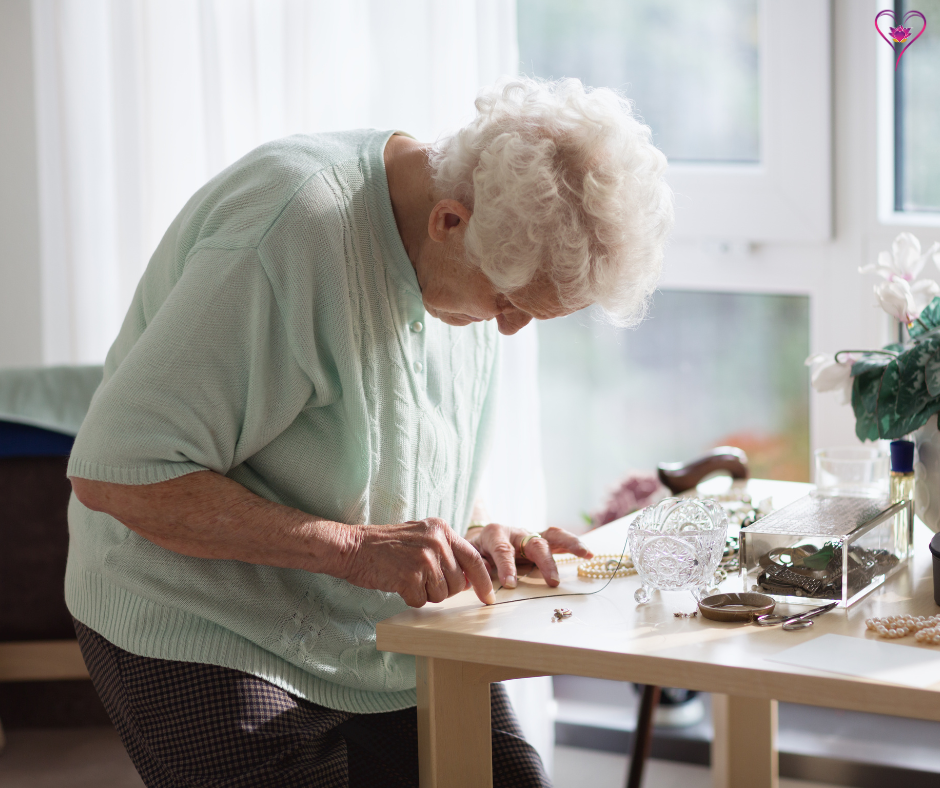How to Help a Senior with Mental Health Issues
Here are some tips for helping a senior manage their behavioral health and ensuring they get the physical and mental care they need:
- Prepare for doctor’s appointments by discussing the senior’s adherence to medication routines, problems or missed dosages any side effects they may be experiencing. Use this conversation to develop a list of questions for the doctor. Roleplay exercises can help your loved one be more comfortable talking with the doctor.
- Offer to accompany your loved one to their appointments. Bring a notepad and pen for taking detailed notes. With their permission, ask for clarification on any information or medical terminology that is not familiar to you.
- If a new medication is offered, encourage a discussion with the doctor about how well current drugs are working, the risks, benefits, and side effects of each option, and the costs of each. Some medications may require lifestyle changes, such as abstaining from alcohol or avoiding certain foods, so be sure to discuss this aspect as well.
- Ask how the senior’s current medications or any new drugs should be stopped. Some drugs can’t be discontinued abruptly and must be tapered off slowly under a doctor’s supervision.
- Conduct research on any diagnoses and conditions and obtain reputable information from websites such as the American Psychological Association and the Centers for Disease Control and Prevention. Misinformation surrounding mental illness is perpetuated when people refuse to seek out and use factual information.
- Help your loved one make a plan to take their medications as prescribed, obtain refills, pay for their prescriptions, and recognize changes in formulations (such as going from brand name to generic or from one manufacturer to another). This may also include charting side effects and learning when it’s important to call the doctor about adverse reactions.
- At least once a year, you and your loved one should make an appointment with their physician or pharmacist to review all their medications, vitamins and supplements. I suggest taking them all in a bag (known as a brown bag check-up). The appointment can reveal duplicate medications, drug interactions, and medications that are no longer needed or can be phased out. It is also a good time to have the pharmacist ask your loved one how they are taking their meds to verify compliance and accuracy.
- Use only one pharmacy. When one place has all of a senior’s prescriptions on file it helps to prevent drug interactions, duplicate prescriptions from different specialists, doctor shopping and allergic reactions.
- Encourage your loved one to seek the right kind of social support. Social isolation and feelings of loneliness increase the risk of depression for people of all ages. Having a solid support network is essential to the mental health of older adults.
- Urge them to exercise within their abilities. Physical activity is an effective, drug-free and low-cost treatment for depression, anxiety and other mood disorders.
- Keep an eye on your loved one’s overall mood and take immediate action if they begin experiencing serious side effects or mood changes, such as suicidal thoughts, mania or hallucinations. If you have worked with their doctor to learn about their condition and medications, you should be aware of any warning signs to look for and how to react.
Keep in mind that the Substance Abuse and Mental Health Services Administration’s National Helpline is a free, confidential, 24/7, 365-day-a-year treatment referral and information service (in English and Spanish) for individuals and families facing mental and/or substance use disorders. Call 1-800-662-HELP (4357) or TTY: 1-800-487-4889 to receive referrals to local treatment facilities, support groups, and community-based organizations. Callers can also order free publications and other information. If your loved one is experiencing a medical emergency or mental health crisis, call 911 immediately.






